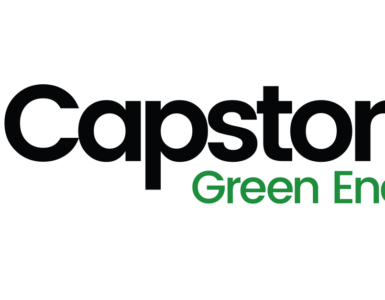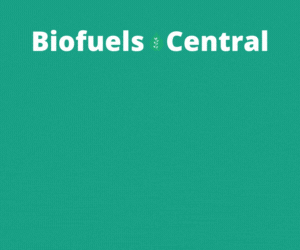Available now: Shell BioLNG for road transport.
From Tuesday 15 February, customers can fill up with Shell BioLNG, making Shell the first in the Netherlands to offer bio-LNG to all its customers. In the coming period, the bio-LNG will be blended into Shell’s Dutch LNG network, enabling road transporters to achieve a 30% reduction in CO 2 emissions. In the coming years, Shell has the ambition to scale up production to completely pure bio-LNG.
Marjan van Loon, CEO of Shell Netherlands:
Shell wants to offer the logistics sector a cleaner alternative with partners. This is a great step in cleaner road transport.
Bio-LNG is an important step in making heavy road transport more sustainable, followed by inland shipping. In the short term, electrification is difficult in these sectors and bio-LNG offers a solution as a transition fuel. Shell supplies bio-LNG in the Netherlands from the facility that it opened in Amsterdam in the autumn of 2021 together with partners Nordsol and Renewi . In the long term, an estimated 3.4 kilotons of bio-LNG will be produced there, which prevents CO₂ emissions comparable to those of 13 million road kilometers.
🔥 What about we co-host a webinar? Let's educate, captivate, and convert the biofuels economy!
Biofuels Central is the global go-to online magazine for the biofuel market, we can help you host impactful webinars that become a global reference on your topic and are an evergreen source of leads. Click here to request more details
Shell has 46 LNG stations in Europe, with the ambition to expand the European network to 80 locations by the end of 2022. There are currently 7 LNG filling stations in the Netherlands, 25 in Germany and there are also LNG stations in Belgium (6), Poland (4), France (2), Spain (1) and Turkey (1). Shell expects to be able to supply 100% BioLNG to the entire network in both Germany and the Netherlands by mid-2023, thanks in part to the start of construction at the beginning of February of Europe’s largest BioLNG production plant in Godorf, Germany. Shell is thus ahead of the competition.
Shell BioLNG is liquefied gas from organic waste, such as agricultural residues, food residues and food that has expired. It can be used in existing LNG engines and filling stations, without the need for modifications.
In principle, for example, supermarkets can operate circularly by supplying their stores with trucks that run on their own organic waste, including products that have expired.
How is Shell BioLNG made?
Bio-LNG is liquefied gas. In a digester, the organic waste is broken down by bacteria, in anoxic conditions (anaerobic). Biogas consists of 30% to 45% CO₂, hydrogen sulphide and other components that are removed, after which the gas is upgraded to high-quality biomethane that is liquefied by cooling it to -162 degrees Celsius.
READ the latest news shaping the biofuels market at Biofuels Central
NU BESCHIKBAAR: SHELL BIOLNG VOOR WEGTRANSPORT, source








